
Water Striders
Water Striders
Water Striders
Water striders are fascinating insects that effortlessly glide across the water surface. While commonly seen around water bodies and familiar to many, few people know about their actual ecology. How can they swim by touching the water surface? How do they move across puddles? There are many intriguing questions about them. In this article, we will explore the lesser-known ecology of water striders.
Water Striders Basic Infomation
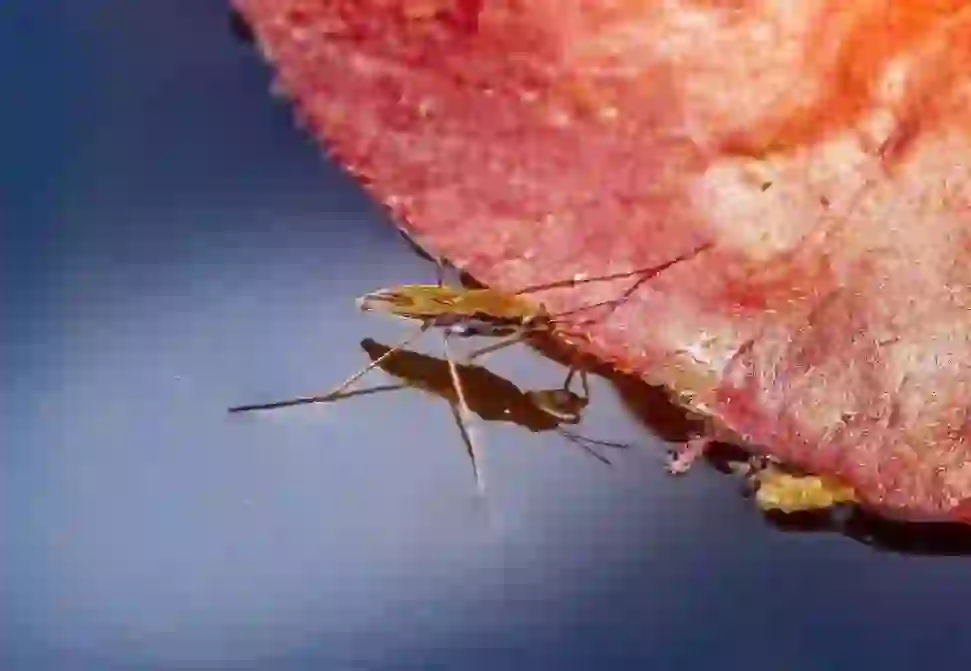
Order: Hemiptera, Family: Gerridae
Body length: 11-16mm, Body weight: 30mg
Water striders are found anywhere there is water, from midstream to downstream of rivers, in ponds, and irrigation channels. They can also be seen in puddles.
While all water striders seem to have a similar appearance, leading one to think there might only be one species, there are actually about 500 species of water striders worldwide, with about 200 species identified in Japan.
Water striders have well-developed middle and hind legs. They swim on the water surface by rowing with their middle legs while steering with their hind legs.
Interestingly, water striders are also part of the true bug order, which includes insects such as stink bugs.
They become active from spring to fall, reaching reproductive maturity within a month of hatching, after which they lay eggs and then die.
Those water striders that do not lay eggs by the winter season will leave the water surface and overwinter.
Water striders are carnivorous, feeding on small insects present on the water surface.
They detect vibrations on the water with hairs on their legs and approach to capture their prey, from which they suck bodily fluids.
Water Striders Q&A

What is the origin of the name 'Water Strider'?
Many people might think the name 'Water Strider' comes from their ability to skim across water like raindrops. However, the 'Ame' in 'Amenbo' actually comes from 'candy' in Japanese. Water striders emit a sweet-smelling scent when capturing prey, reminiscent of candy. This sweet scent led to names like 'Amebou' and 'Amebou,' eventually evolving into 'Amenbo.' There's also a theory that their resemblance to creatures that skip over water led to other names in Kanji such as 'Water Horse,' 'Water Spider,' and 'Water Frog.'
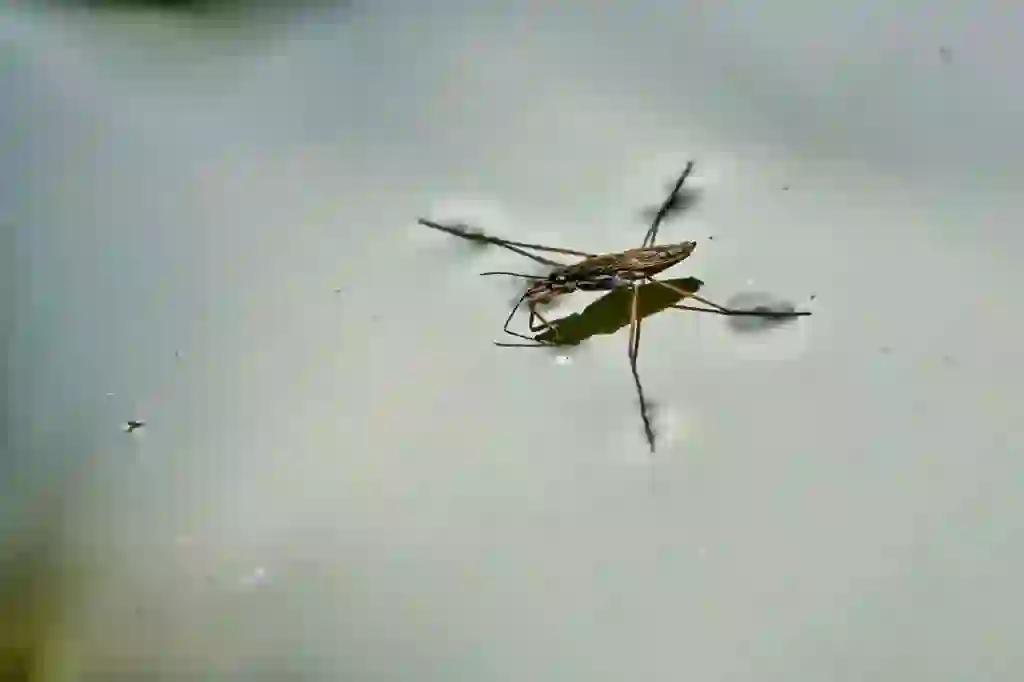
Why do water striders live there?
Water striders live on the water surface, which might seem dangerous due to threats from fish below and birds above. However, being able to float expertly offers significant advantages. Most insects would drown if wet, but water striders can capture insects trapped on the water or emerging from it, like midges. Despite the apparent dangers, their ability to float allows them to thrive on the water surface.
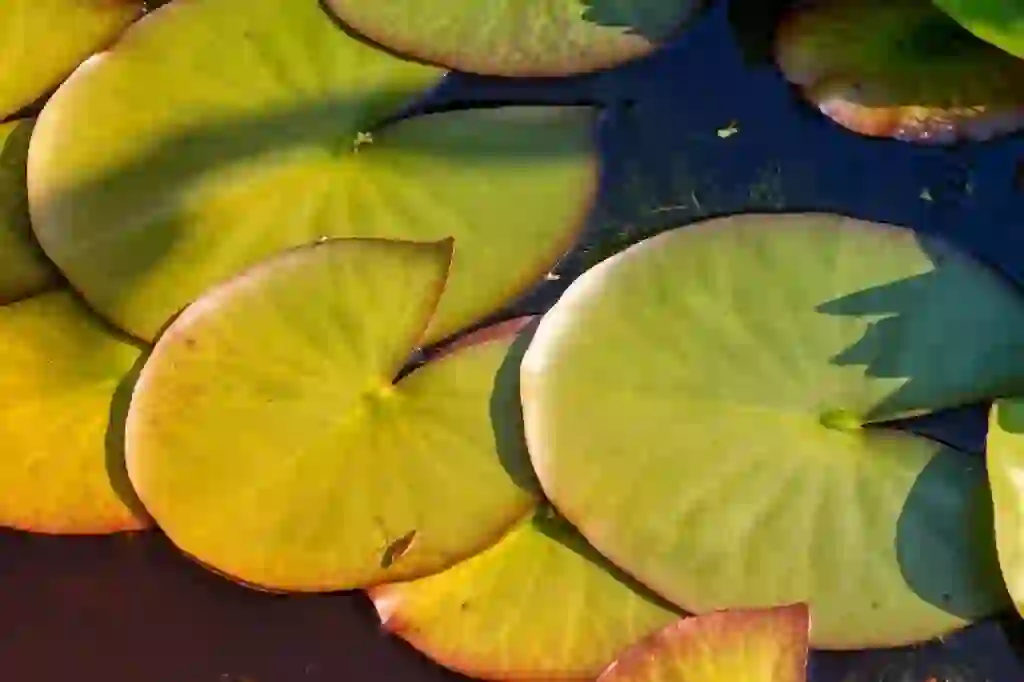
What do water striders eat?
Water striders feed on insects that fall onto the water surface. They detect ripples with their specially adapted hairy legs, allowing them to pinpoint the location of their prey. Once found, they secure the prey with their front legs and pierce it with their needle-like mouthparts to suck out the fluids. Sometimes, you can see a group of water striders feeding on larger prey like dragonflies.
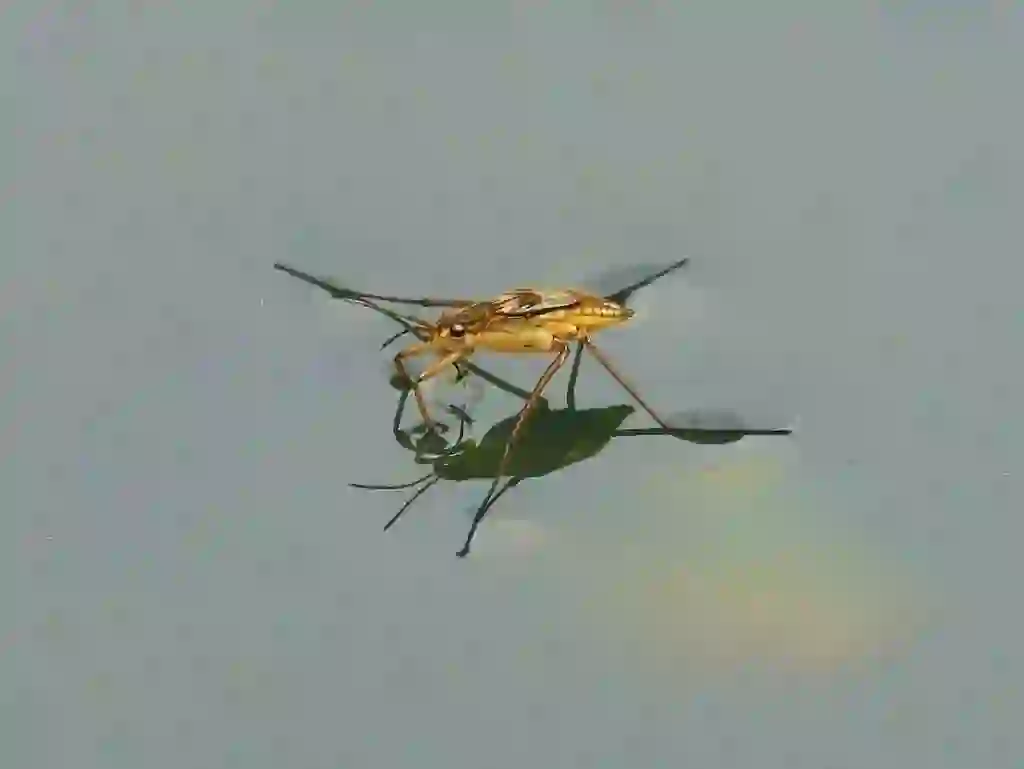
How do water striders stay afloat?
Water striders are very light, allowing them to float on water. Their legs are covered in fine hairs that trap air, preventing water from seeping in, effectively repelling water thanks to a waxy coating on the hairs. This adaptation allows them to stay afloat without sinking.
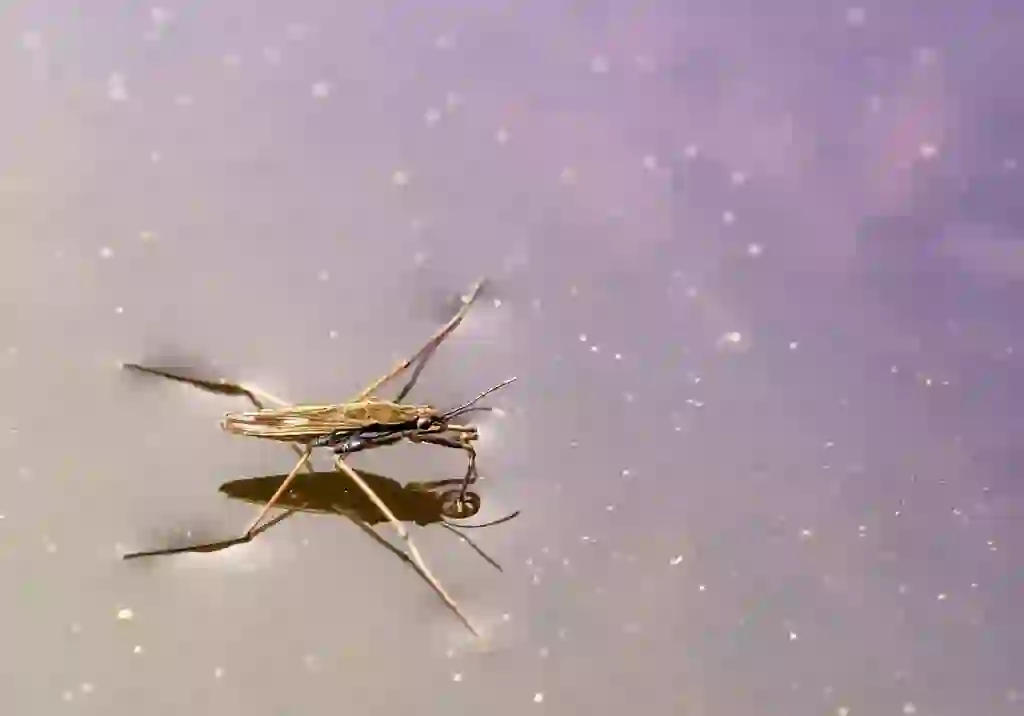
How can water striders swim so quickly on water?
Water striders can move swiftly because only the tips of their legs make contact with the water, keeping their body dry and above water. Unlike other insects that might get bogged down when wet, water striders' legs allow them to skate across the water surface.
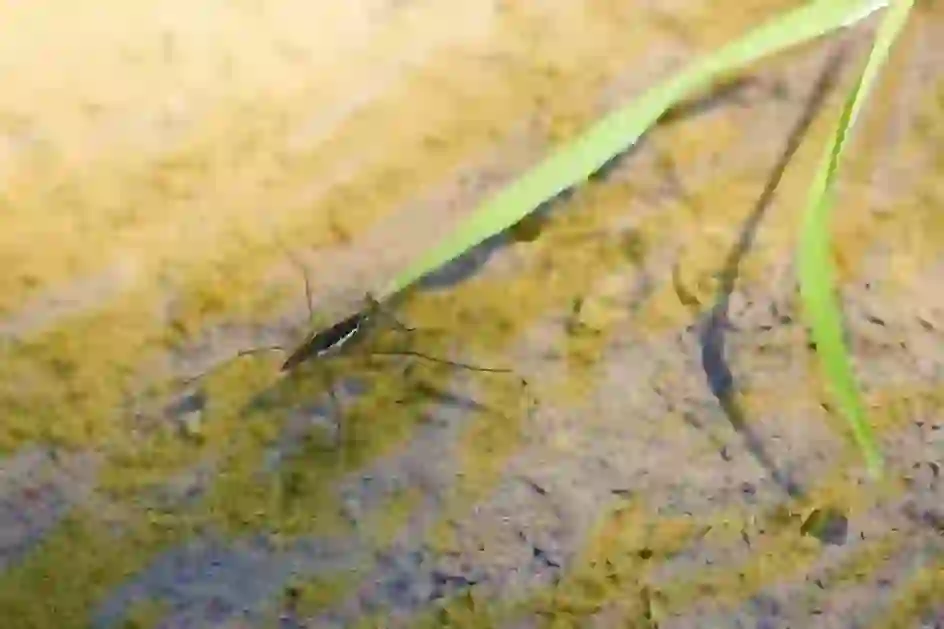
How do water striders swim?
Water striders use their middle legs as oars and adjust their direction by spreading or contracting their hind legs. Their front legs primarily provide support while swimming, so they do not use them much for propulsion. The sight of water striders gliding across water is quite pleasing.
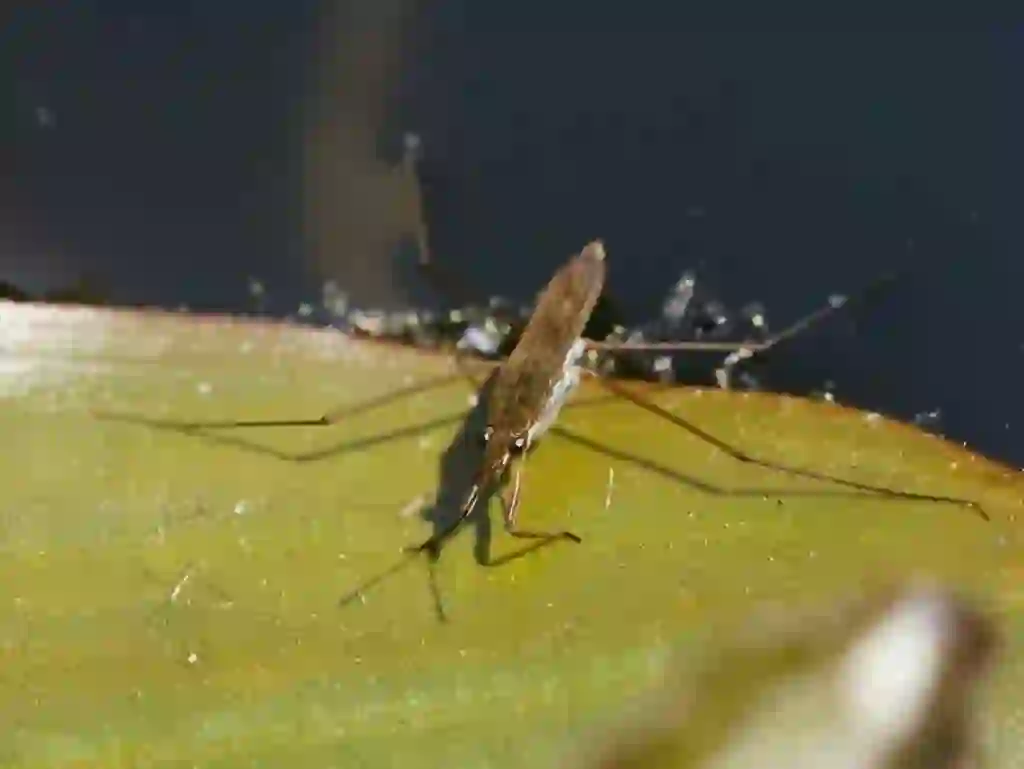
Do water striders protect rice paddies?
Water striders are beneficial insects in rice paddies as they help control pests such as planthoppers, which can damage rice plants. By eating these pests that fall onto the water surface, water striders reduce damage to the rice, making them helpful allies for farmers.
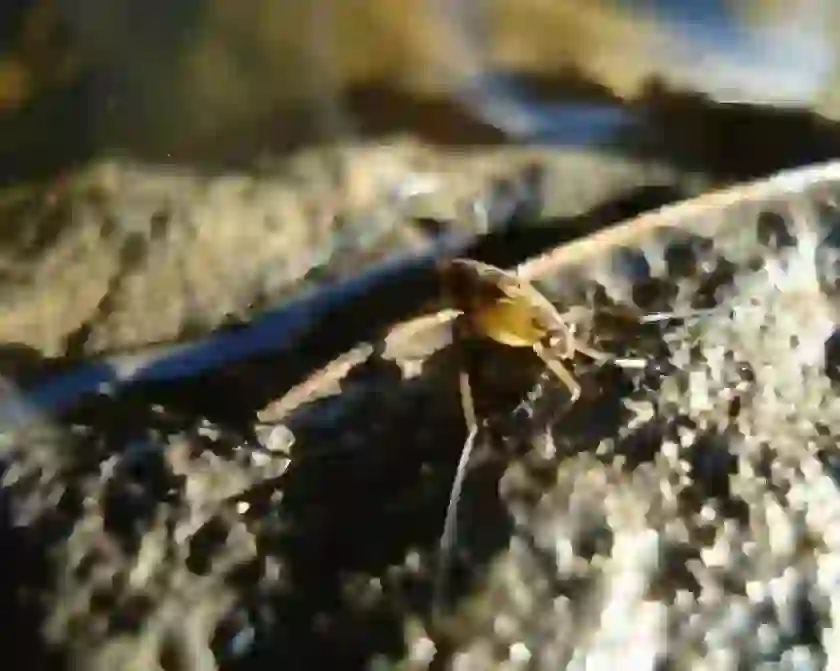
Do water striders have good vision?
Water striders have compound eyes that provide them with excellent vision, crucial for detecting movements on the water surface. This acute vision helps them navigate and maintain their position on the water, avoiding drifting away with currents or wind.
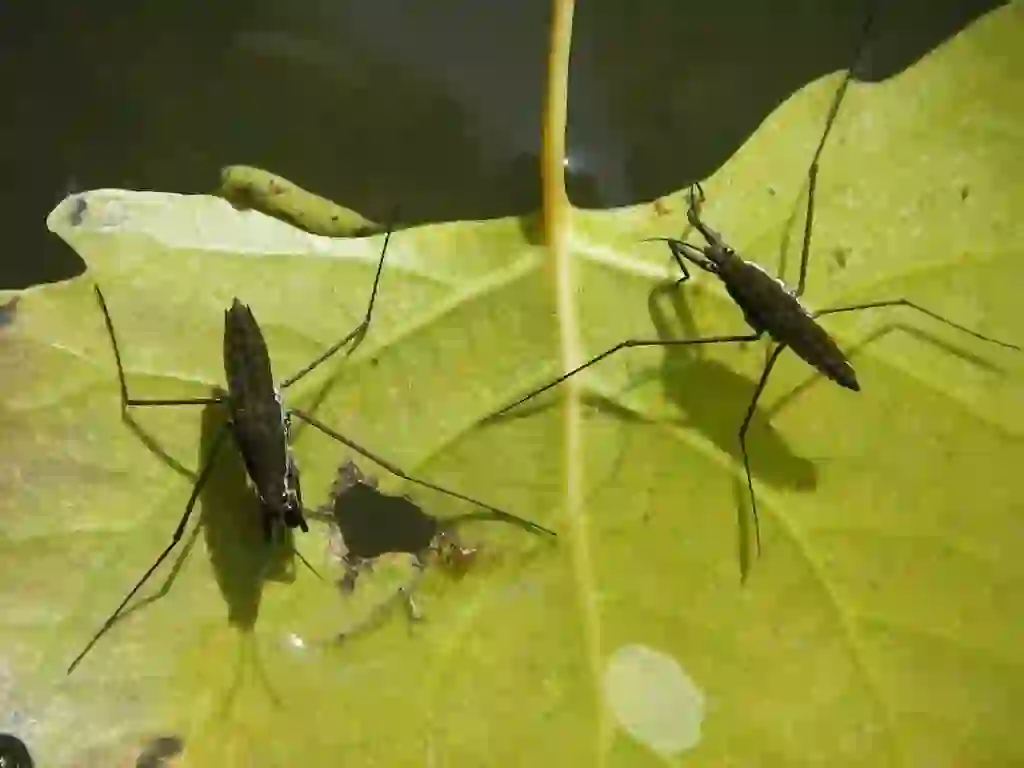
Are water striders clean?
Water striders are quite meticulous about cleanliness, regularly cleaning debris from their bodies using their leg hairs like brushes. They often clean themselves by rubbing against water plants or flipping over on the water to wash their backs, which helps them stay buoyant.

Can water striders fly?
Although primarily seen on water, water striders can walk on land and are also capable of flying. They may fly to find new habitats or mates, especially when the water bodies they inhabit dry up or to disperse to new areas.

Would you like to become a part of the 'Animalbook.jp'?
Turn your knowledge into Q&A and share it with the world. ※Publication will be activated after purchase. Let's share information together!
Water Striders Type of List
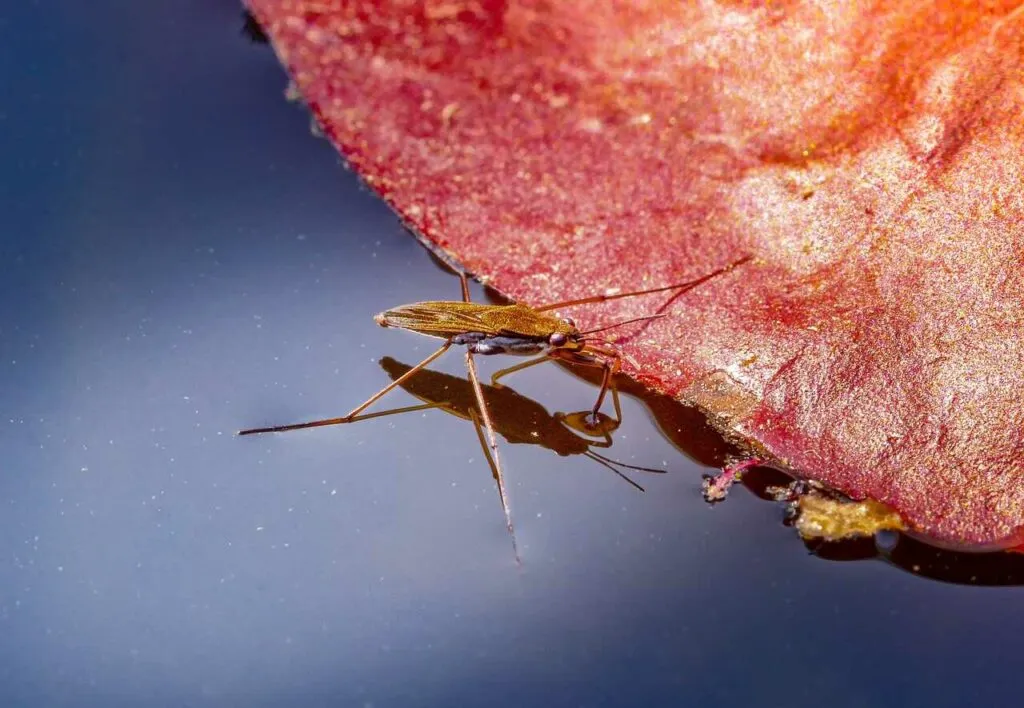
- Common Water Strider
- Small Water Strider
- Large Water Strider
- Striped Water Strider
- Wingless Water Strider
- Red-bellied Water Strider
- Dwarf Water Strider
- Broad-shouldered Water Strider
Information
Congratulations! You are the first commenter!

Create Your Favorite List!
Water Striders
Save the animals you love! Build your own list to quickly revisit your favorites later.

Would you like to leave a comment?
※Please note: This is for the purchase of rights to post comments within the article.
Find Your Favorites!
Our shop offers a unique and attractive selection of goods themed around various animals.
Water Striders References

- ・アメンボ 株式会社ポプラ社 2004年4月第1刷
- ・水生昆虫のひみつ 株式会社あかね書房 1987年9月初版、2005年8月新装版第2刷
- ・Wikipedia https://ja.wikipedia.org/wiki/アメンボ
- ・クボタのたんぼ https://www.kubota.co.jp/kubotatanbo/livingthing/water-strider.html
- ・ムシミル https://insect.design/kamemushimoku/amenboka/amenbo
- ・九大と知の社会をつなぐ https://syarenkei.kyushu-u.ac.jp/2013/12/20/第15回 生物の謎に迫る!水上の妖精アメンボ/
Water Striders Introduction of media used
出典:https://pixabay.com/videos/id-122394/

出典:https://pixabay.com/images/id-3350989/

出典:https://pixabay.com/images/id-3322665/

出典:https://pixabay.com/images/id-3447417/

出典:https://pixabay.com/images/id-1415382/

出典:https://pixabay.com/images/id-3339980/
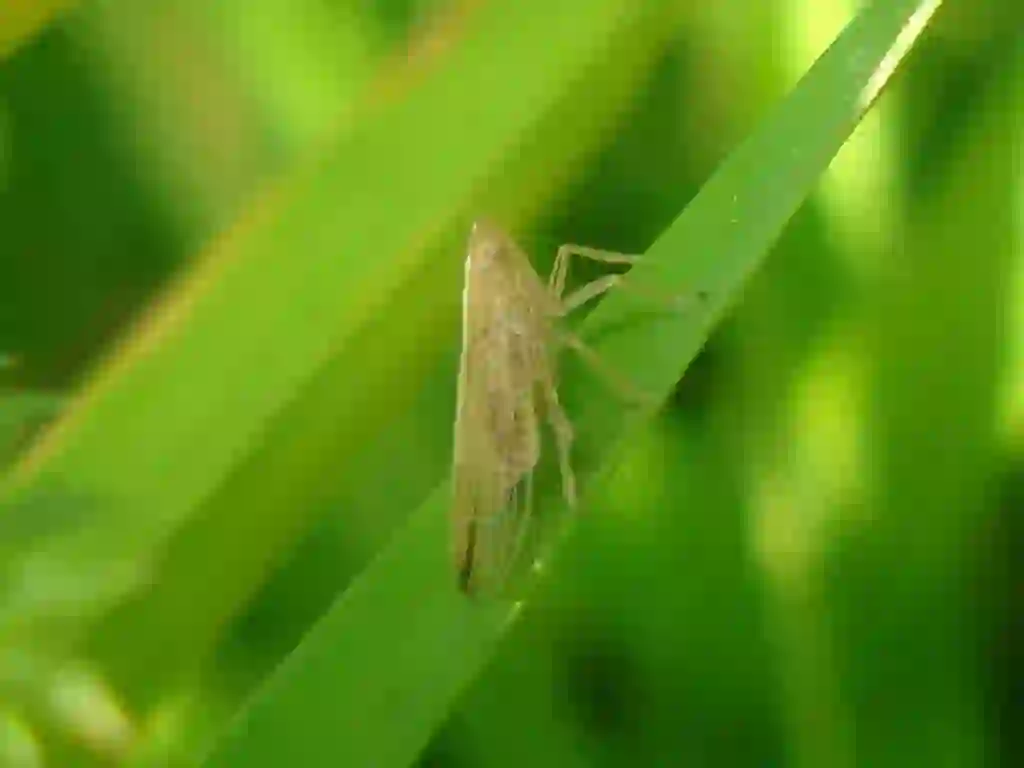
food
出典:https://commons.wikimedia.org/wiki/File:Stenocranus_minutus_04.JPG

Help Enrich Our Animalbook.jp with Your Media!
We are constantly looking to expand and enrich our Animalbook.jp with amazing photos and videos of animals. If you have any media that you'd like to share, please contribute and help us showcase the beauty and diversity of the animal kingdom. Your submissions will be credited and featured in our encyclopedia, reaching a wide audience of animal lovers.


















